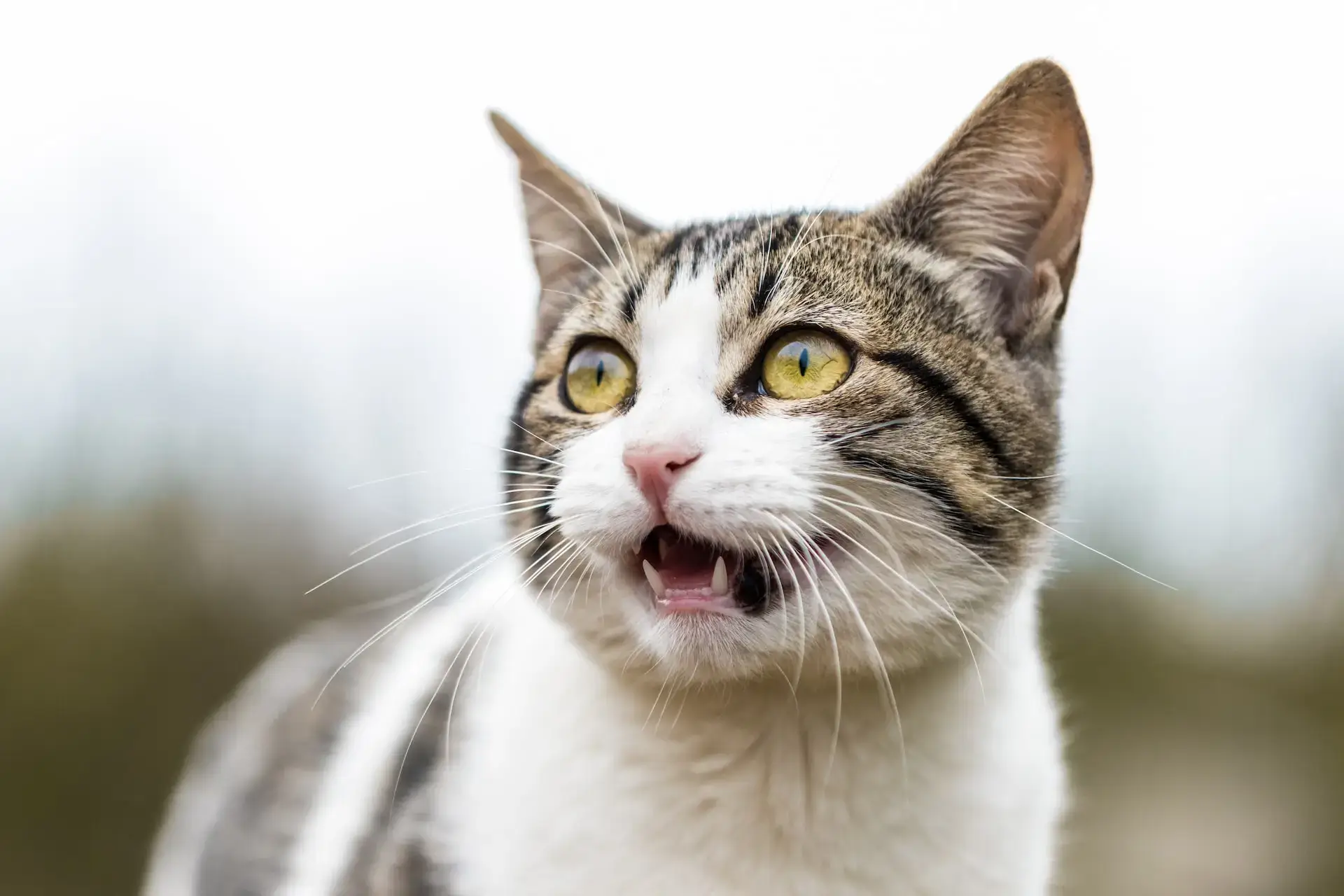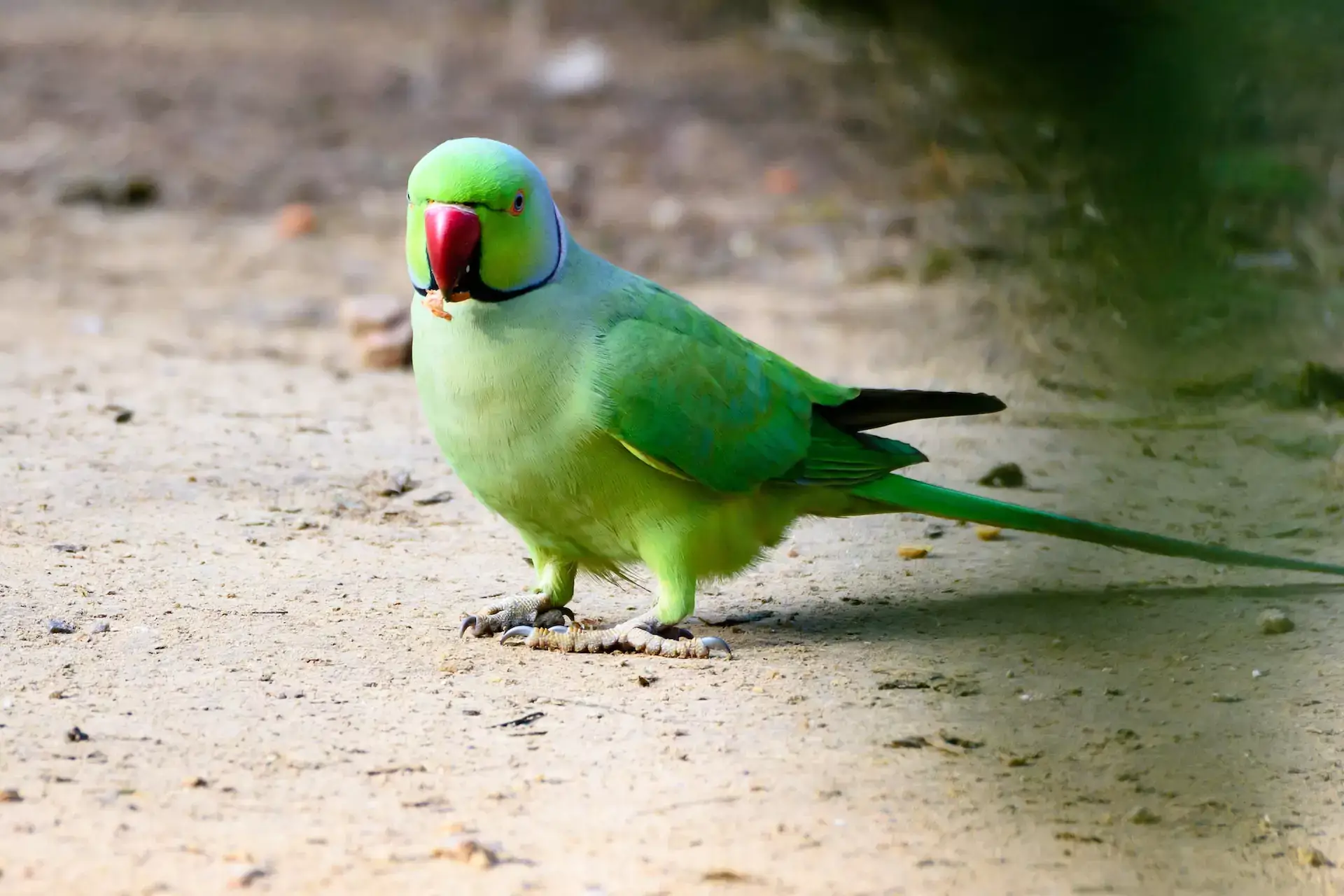Today is Hairball Awareness Day!
April showers don’t just bring May flowers: they also come with a diverse range of pet holidays and awareness events. Some of the notable ones include National Hug Your Dog Day, Cat Lady Day, and Little Pampered Dog Day, among several others. Of course, a few of the events on our calendar don’t seem as appealing. For example, did you know that it’s Heartworm Awareness Month? April is also the month when Hairball Awareness Day takes place. While hairballs may not be the most pleasant topic on our blog, it is crucial for all cat owners to be informed about them. In this article from All About Animals Veterinary Services, serving the Villa Rica area, a local vet shares some insight on this interesting topic.
Hairball Basics
Trichobezoars are the official term for hairballs. These are one of the less attractive aspects to one of Fluffy’s most commendable qualities: her cleanliness. Your adorable little diva may dedicate a considerable amount of time to grooming herself and maintaining her fur. Regrettably, she will consume a portion of her own fur while engaging in her beauty regimen. You probably have a solid understanding of what happens next. Fluffy may experience some discomfort and may leave a mess on the floor. Or perhaps your bed. Or perhaps your shoes. Let’s just say it’s not her most adorable trick.
Why do kitties get hairballs? Cats have papillae, which are microscopic hairs, on their tongues. That is why your pet’s tongue has a sandpaper-like roughness, which you might notice when she licks you. The positioning of those tiny follicles enables anything she ingests to go down her throat a bit more easily. Unfortunately for Fluffy’s sake, that includes hair.
What To Do If Your Kitty Can’t Expel A Hairball?
It’s crucial to keep in mind that hairballs can sometimes result in serious health problems. In the event that the hairball gets stuck in your pet’s system and your furball can’t get rid of it in the usual manner, you may need to seek veterinary care. Intestinal obstructions and ruptures are critical conditions that can have severe consequences, and can even be fatal.
Here are some warning signs to be aware of:
- Loss of Interest in Food
- Dry Heaving
- Withdrawal
- Changes in behavior/vocalizations
- Coughing
- Vomiting blood or foam
- Severe/Excessive vomiting
- Constipation
If you observe any of these indicators, promptly get in touch with your Carrollton, GA animal clinic.
Do Long Haired Cats Get More Hairballs Than Short Haired Ones?
Maybe. Some cat breeds, like Maine Coons and Persians, have a higher likelihood of experiencing hairballs. Although, it’s worth noting that any cat, with the exception of hairless kitties, can develop hairballs. It’s important to remember that cats with short fur may occasionally have dense coats, which can also lead to hairball problems.
Regular combing is recommended for cats with long hair. This will also help reduce knots and tangles.
How to Prevent Hairballs in Pets
Here are a few ways you can help your animal friend.
Hairball Preventatives: In addition, there are products on the market that can assist in preventing hairballs. Talk with your veterinarian to ensure that the products you choose are appropriate for your cat’s specific needs.
Water: It’s also crucial to make sure that Fluffy is properly hydrated. (This is important for her overall health as well.)
Grooming: Brushing Fluffy is a highly effective approach. If you capture loose fur with a brush before she swallows it, your kitty will be less prone to ingesting it.
Pet Jelly: your veterinarian might suggest using pet jelly on Fluffy’s paws. She will lick it off, providing her digestive system with some additional lubrication.
Canned Fish: This one will surely get more purrs than the other options we’ve listed. Every now and then, you can indulge your beloved pet with a can of tuna or sardines. There are certain advantages that can be derived from the oil in these. It’s important to consult your veterinarian regarding the suitability of tuna for your pet, especially if she has specific medical conditions, like thyroid problems.
Reduce Stress: Cats that are very anxious often shed heavily. Fluffy may also overgroom herself. Keep that motor going by providing your furry pal with great TLC and making sure that she feels loved and safe at all times.
Ground Your Pet: Last but not least, keep your cat indoors. Indoor cats are not as impacted by seasonal weather changes that can lead to shedding, so they often shed less. Fluffy also won’t be rolling around in dirt or dust, which doesn’t exactly help. Plus, your pet will be safer inside, where she is shielded from potential dangers such as cars, wildlife, and inclement weather.
Consult with your Carrollton, GA veterinarian for specific guidance.
How Frequently Do Cats Typically Experience Hairballs?
In a perfect world, your cherished feline companion would rarely, if ever, have to deal with hairballs. Unfortunately, for the majority of cats, it happens fairly frequently.
Time frames can differ between kitties, but most furballs get them approximately once a week. If your cat is experiencing them more frequently than that, contact your veterinarian, as this could indicate some medical issues.
For more information, contact your local Carrollton, GA pet clinic.
Will Feeding Fluffy Canned Food Help Reduce Hairballs?
Although canned food is not a cure-all, it won’t hurt. Cats digest canned food at a faster rate compared to dry food. Everything will pass through Fluffy’s system more quickly, which could be beneficial.
When it comes to choosing the right type of food for your cat, several important factors must be considered. If you have any questions about your cat’s nutritional needs, contact your veterinarian for more information.
What Is The Right Way To Brush A Cat?
Wait until your pet is calm and slightly drowsy. (Considering the significant amount of time cats dedicate to sleeping, you probably won’t have a long wait.) Start by just petting her, always moving your hand in the direction of her coat. Once you get purr activation, you can start using the brush. Be cautious and avoid applying excessive force. Cats have quite delicate skin. You don’t want to injure your pet.
If you’re struggling to remove knots with a detangling brush, you may want to consider trimming them. For safety purposes, it is important to use scissors with round ends. You can also use a plastic letter opener, one of the ones that resembles a credit card with a notch cut out. Pamper your furry pal with ample attention and praise, and maybe a snack.
When Fluffy decides that she’s had enough, don’t force the issue: that’s a surefire way to end up with scratches!
Conclusion: To wrap things up, hairballs are a common issue for those who own cats. Even though they may not be the most enjoyable part of cat ownership. Being proactive in minimizing hairballs in your cat and recognizing potential health issues is crucial.
Schedule An Appointment At Our Veterinary Clinic In Carrollton, GA
Do you have any inquiries regarding your cat’s health or care? Don’t hesitate to contact us here at All About Animals Veterinary Services, serving the Villa Rica area. We’re here to help!



